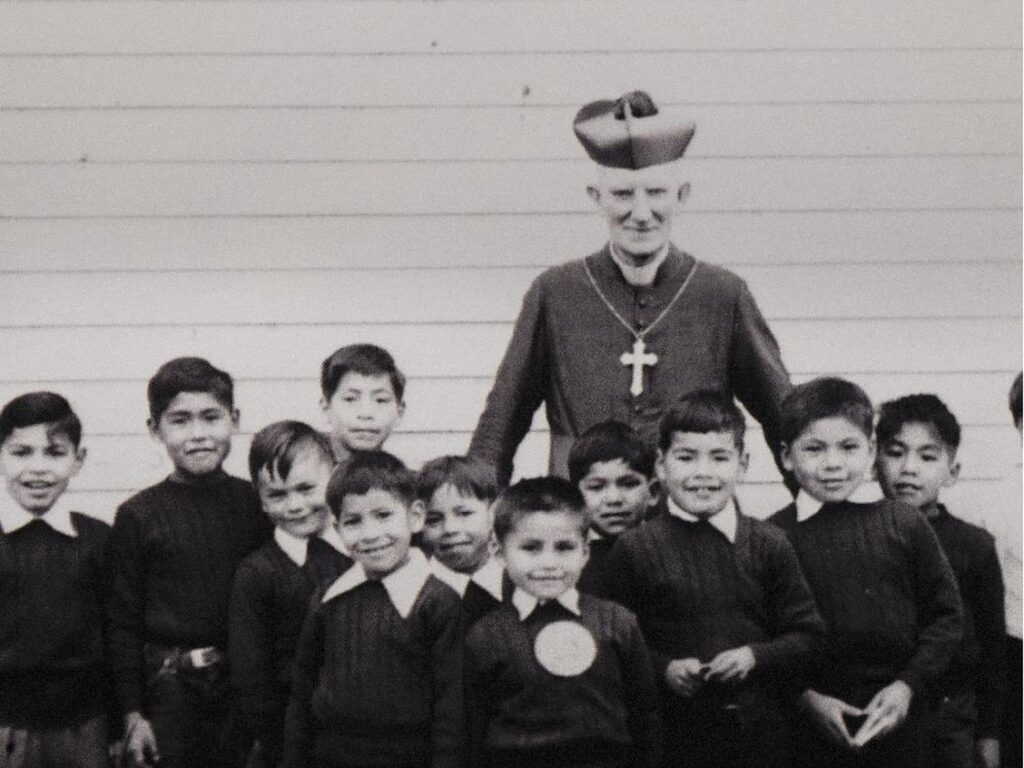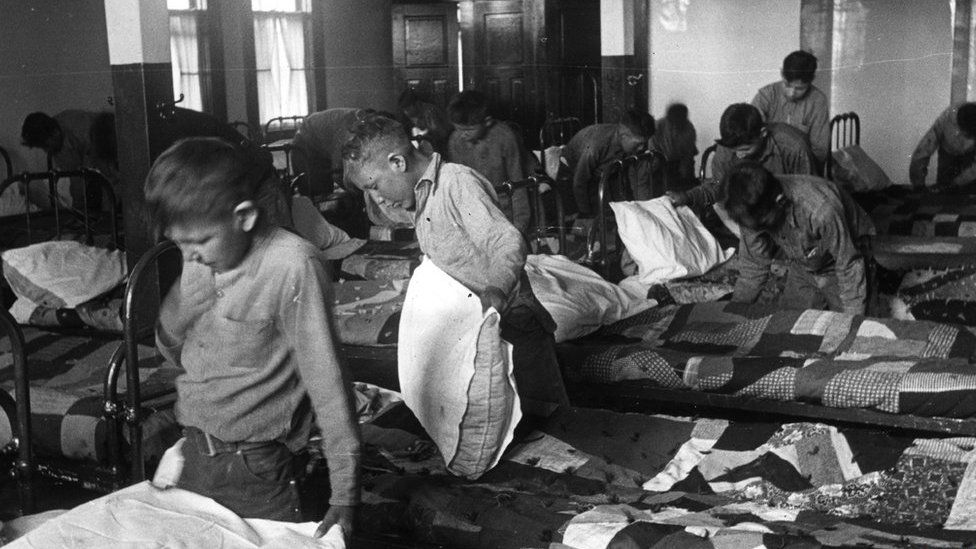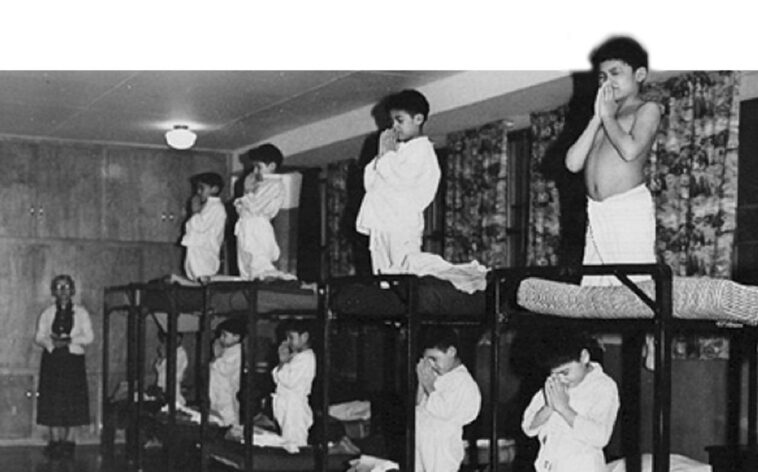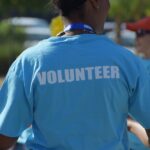The news that the Tk’emlúps te Secwépemc First Nation found unmarked graves of 215 children at a former Residential School in Kamloops came as a shock to many Canadians–but not to one local school board.
“Indigenous families across our district have been impacted by the residential school system,” reads a release from Prince Rupert School District No. 52. “Students and staff are among those impacted.”

That lived experience means that many Indigenous people across the Skeena have long been aware of the abuse and deaths that occured at residential schools in the province. The Kamloops discovery is the latest reminder.
“This news is likely to reawaken the trauma they have endured,” the school board writes. “As people will grieve this news at different times and in different ways, we ask everyone to be mindful and patient with one another.”
Vast unmarked graves aren’t a surprise to The Truth and Reconciliation Commission of Canada, which was set up in 2008 to investigate the suppressed history of residential schools.
“Based on its ongoing research, the Truth and Reconciliation Commission of Canada concludes that more than 4,100 children died in the residential school system,” The Tyee reports.

“We are very grateful for the many staff members who have stepped up to support one another, and their students, in these difficult days,” the school board release says.
The board says that non-Indigenous people in the Skeena can also provide support by learning more about residential schools. One place to start is the Summary of the Final Report of the Truth and Reconciliation Commission of Canada, which is available here.
There are also resources on the website of the Indigenous Education Department.
“We encourage everyone to take the time to learn about the findings of the Truth and Reconciliation Commission,” the school board says.




